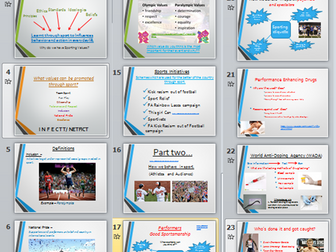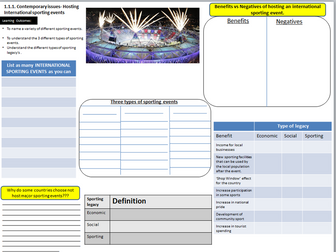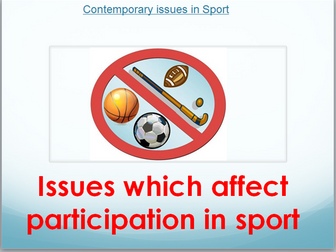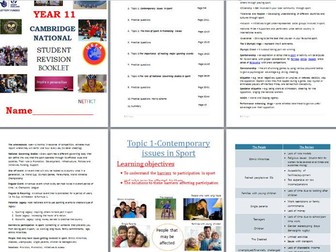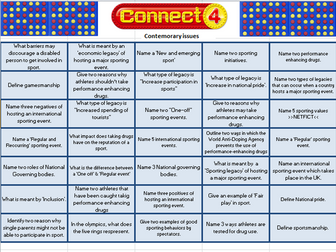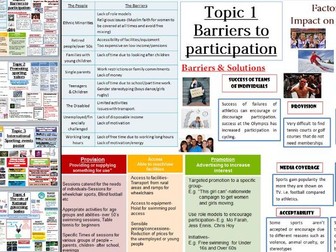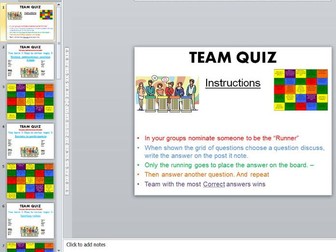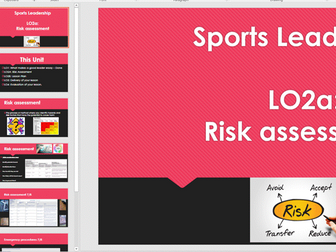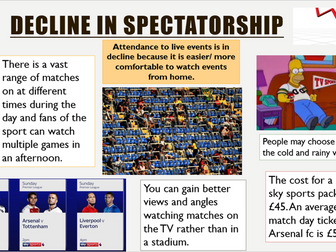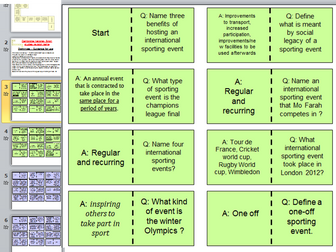
RO51 Cambridge Nationals Sports Studies-Lesson 2 & 3 -Promoting sporting values + Learning mat
24 slide lesson which contains a learning mat to refer to during the lesson.
Questions and discussion points also within PowerPoint
Section A
Lesson Aims:
-To understand the role of sport in promoting values
-Olympic and Paralympic values
-Values of athletes and supporters
Sections B
Lesson Aims:
- How athletes and spectators should behave in sport
- Good/Bad Sportsmanship & Gamesmanship
- Performance enhancing drugs
